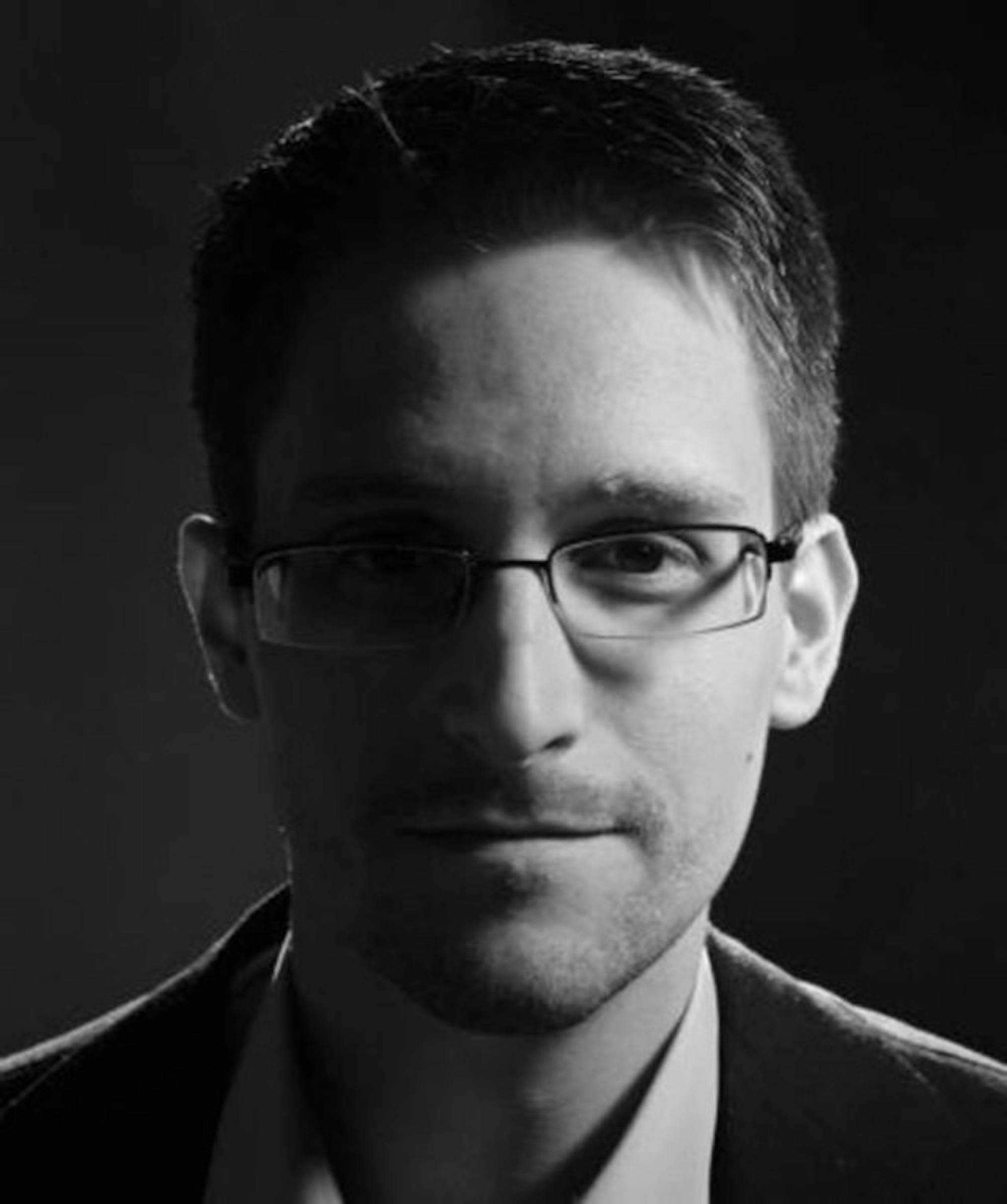We all remember the infamous Edward Joseph Snowden: National Security Agency contractor, Rubik’s Cube holder, and the person responsible for leaking the highly classified online surveillance program PRISM in 2013, which revealed that the NSA was spying on American citizens through SMS messages, tracking phone calls, contact information and a slew of other personal records.
After the U.S. revoked Snowden’s American passport, he officially became a fugitive from the United States. However, on Sept. 26, 2022, Russian President Vladimir Putin granted him citizenship in Russia.
The prototypical controversy of whether Snowden is a hero or traitor can act as a cushion to debate the more critical question in American politics; where is the line between national security and upholding the right to privacy for American citizens? What is more important: order and safety or freedom and civil liberties?
There are definitive extremes that need to be avoided on either side of the controversy. China’s social credit system is a painstakingly intricate surveillance system in which citizens are reprimanded when exhibiting “bad behavior” and rewarded when executing “good behavior.” The government uses facial recognition cameras to monitor people's everyday activities, movements and exact locations. The Orwellian extremism of this apparatus is justified as a system meant to provide order and safety in China, but neglects individuals’ personal right to privacy and other civil liberties.
On the other end of the spectrum, Finland considers privacy a rudimentary right for all citizens, and since the Personal Data Act passed in 2019, any person collecting personal data in that country is required to have a “clearly defined purpose” and consent for gathering such information. This model can present obstacles since some agencies require time sensitive or highly classified data that can not be overtly disclosed to the public, or may be unable to devote the time it takes to filter through residual information while also gaining consent. This is not to mention all of the data that would be inadvertently collected to find a specific target, for which a clear purpose and consent would also be needed.
This ideological continuum needs to be replaced by pragmatism; the contextual prioritization of civilian privacy rights and/or governmental intervention to protect all interests of the American public. Despite Snowden’s claim that the purpose of the leak was “to inform the public as to what is done in their name and that which is done against them,” the information’s release could have obstructed U.S. efforts to preempt thousands of potential terrorist attacks, which in turn potentially put the lives of millions at risk.
It is crucial to mention that the NSA (including the existence of PRISM) is an anti-terrorist agency designed to keep Americans safe. While this federal organization may not deploy the U.S. military to protect the public, it can be argued that its methods are more contemporary given the digital status quo advancement of our country. The NSA eliminates threats to U.S. national security systems by providing foreign signals intelligence and to policymakers and the military as needed to defend the nation and strengthen U.S. goals and alliances internationally, according to its website.
When the right to privacy faces national security threats, the safety of the American public should always take precedence. Without the maintenance of citizens’ welfare, the integrity and mere existence of civil liberties would not exist. It is like a country attempting to formalize a system of government without having a constitution to reference the criteria of that government. This is all disregarding the legal perspective of the controversy: which Snowden was found to have violated the Espionage Act of 1917, indicating that his release of classified information amounted to an act of treason.
Circling back to the most recent turn of events, the whistleblower himself has been granted citizenship in Russia. The question now is why Putin would sign off on such a degree. On the topic of Russia’s invasion of Ukraine, Snowden claims to have “lost any confidence [he] had that sharing [his] thinking on this particular topic continues to be useful.” This provokes suspicion — why would a man responsible for one of the biggest exposures of U.S. secrets suddenly lose his voice in the face of an international war? Does Putin have leverage over Snowden?
As Snowden’s saga continues, it is crucial for U.S. citizens, students, seniors and parents alike to not only observe his character but notice the multifaceted repercussions of his actions and how they continue to elicit the controversy of order and safety versus freedom of privacy and civil liberties on a more international level.






